
By Li Panpan
(JW Insights) June 3 -- The grand session of the 7th JWSS (JiWei Semiconductor Summit) - the annual gathering of China's semiconductor investment community - was staged in Xiamen of southeastern China's Fujian Province on June 3. Representatives from Xiamen City government, China's Ministry of Industry & Information Technology (MIIT) and leading corporations like Qualcomm and Xiaomi Investment Funds addressed the session and panel discussions. A key message of these industry leaders is that China's chip industry should face this slowest development and most complicated geopolitical changes in the last 20 years with more wisdom and optimism, focus strenuous efforts on the country's advantages, such as market size, strong manufacturing base and different innovative capabilities.
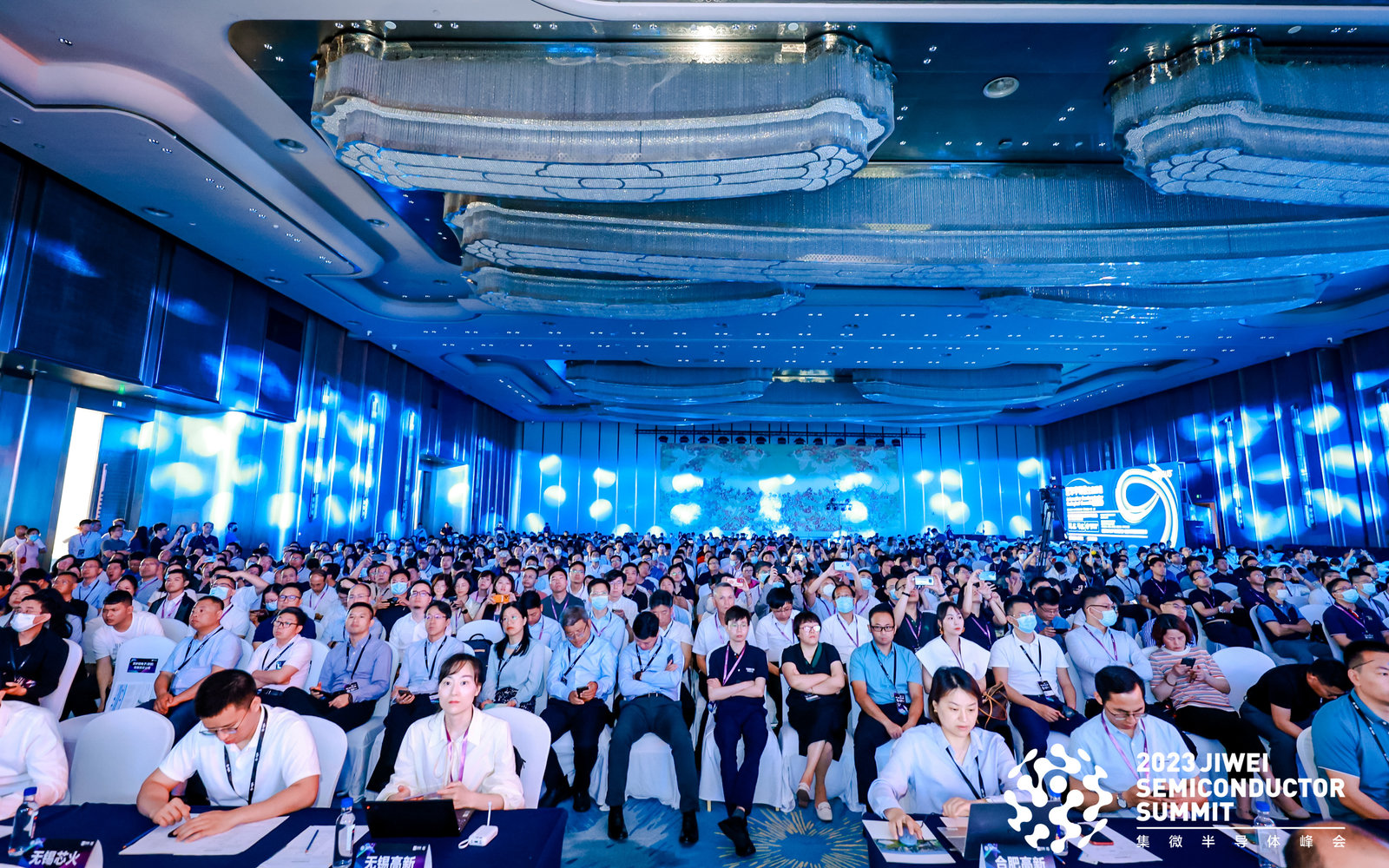
The full-housed audience at the Grand Session of the 7th JWSS
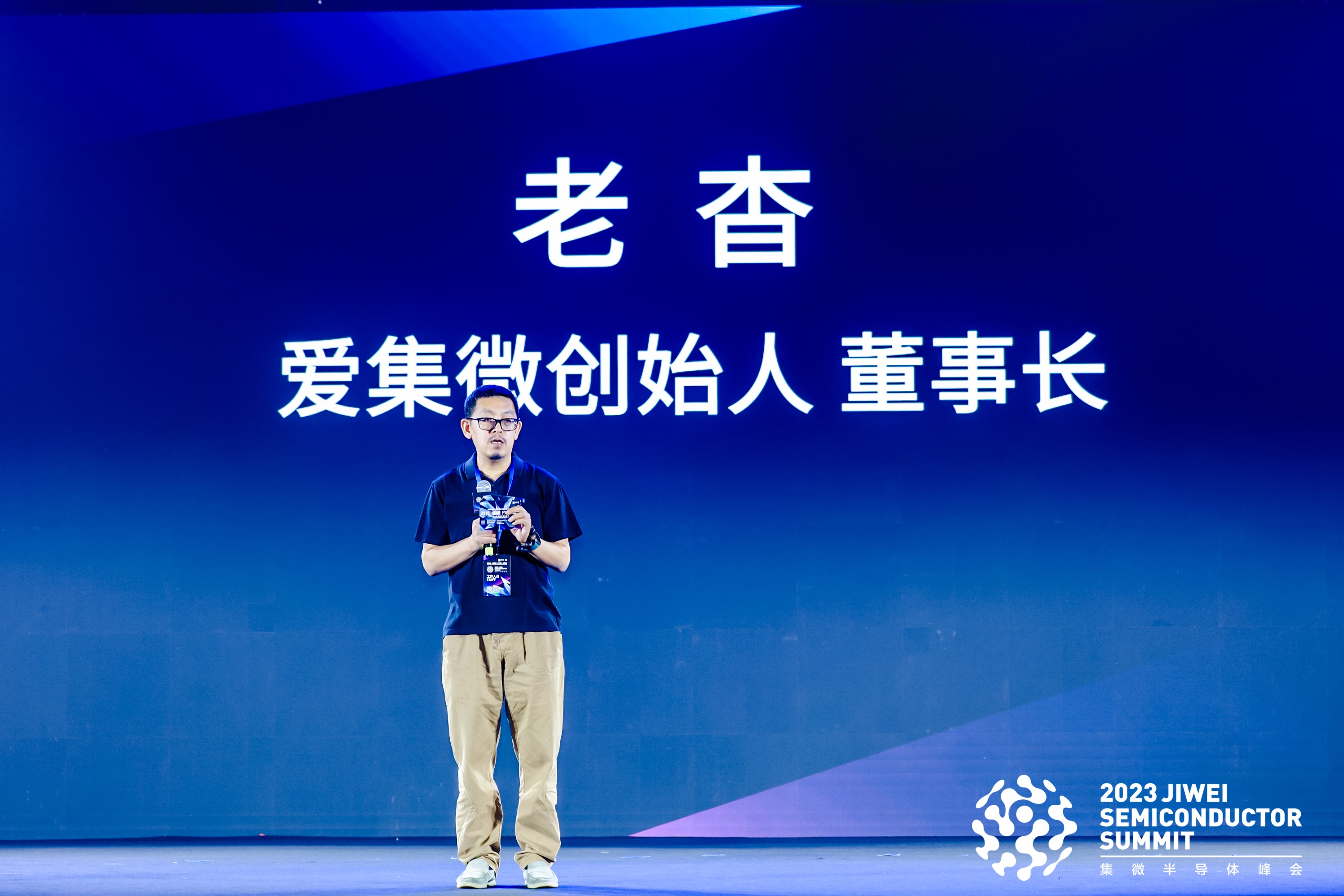
Lao Yao, founder and chairman of JW Insights - China’s leading consulting and information service on semiconductor and ICT industries, advised IC companies to establish advantages and invest more in R&D to greet market rebound in the future.

Huang Xiaozhou, vice mayor of Xiamen City, welcomed delegates to visit and invest in Xiamen, which is across the Taiwan Strait and is a leading Chinese city with IC and ICT industries. He said Xiamen is keen on carrying out its strategy in building up a full-chained chip industry.
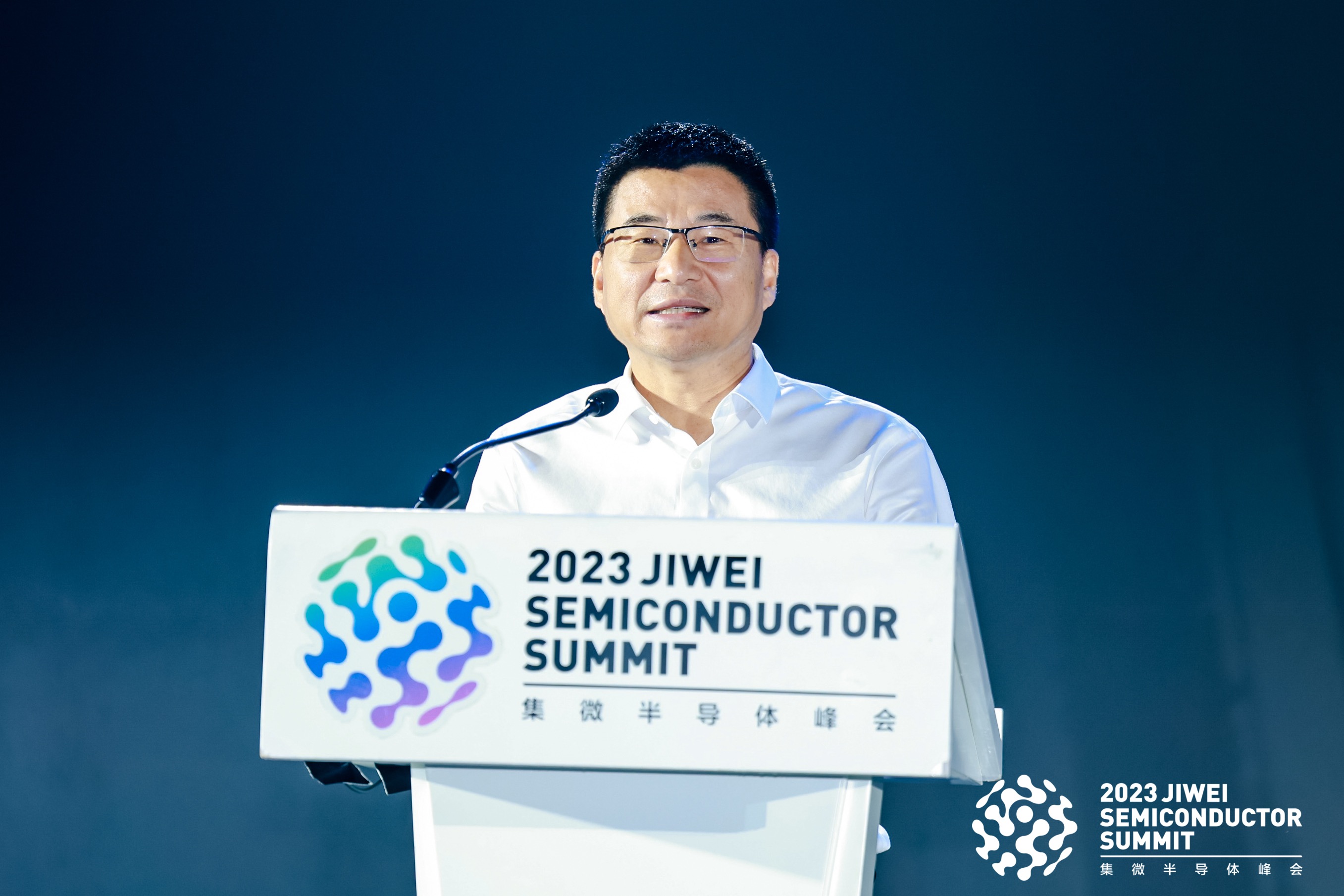
In his remark, Xu Hongxing, an academician of the Chinese Academy of Sciences, encouraged Chinese IC entrepreneurs, investors, and startups to work in down to earth manner against extremely dreadful international environment.
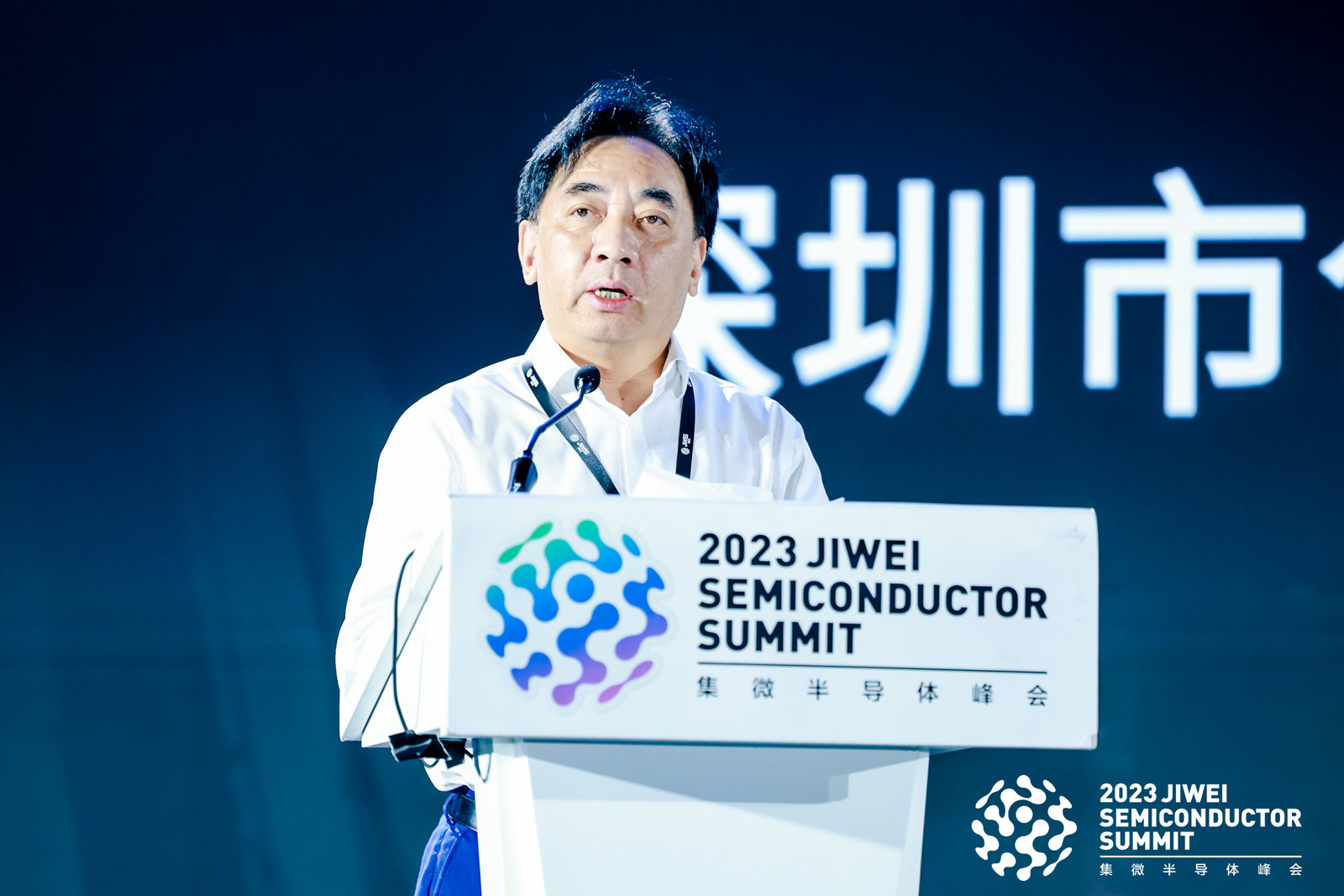
Ni Zewang, council vice president of China Semiconductor Investment Alliance (CSIA), advised investment institutions to conduct joint investment, zero in on key technologies, and help leading enterprises carry out mergers and acquisitions in clearer senses.
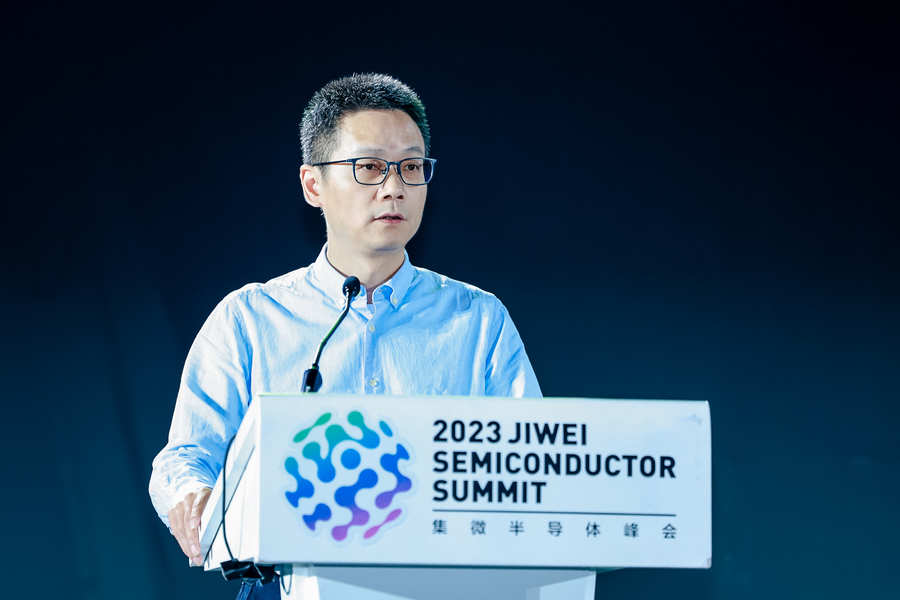
Yang Xudong, deputy director of MIIT's Electronic Information Department, recalled the ups and downs of China's display panel and photovoltaics industries in the past 20 years and advised the chip industry to draw lessons from them and overcome the challenges in the current market disruption.
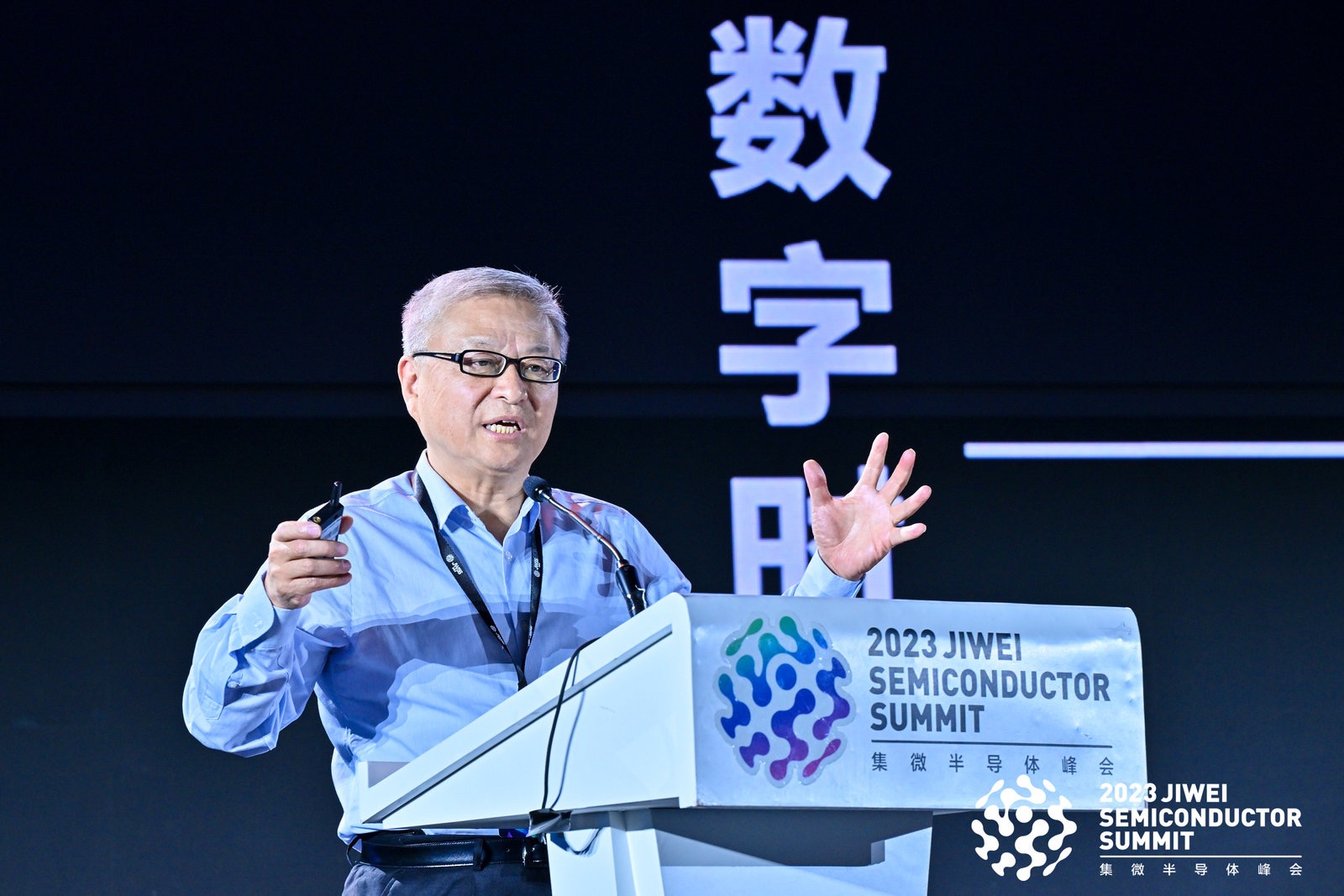
Yan Xuetong, director of the Institute of International Studies at Tsinghua University, illustrated a macro picture of competition between China and the US in the global digital age to better develop China's semiconductor industry.

Han Xiaomin, general manager of JW Insights Consulting Division, gave an update on the state of the industry, saying that China’s semiconductor industry, enterprises or investment institutions, have entered a cooler-minded stage; Poorly performed and low-cost-effective companies will be phased out gradually. State-backed policies or investment initiatives in key technology fields will be expected from Chinese authorities in the near future. He also suggested that Chinese OEMs use more domestically-produced chips to aid local supply chain development.
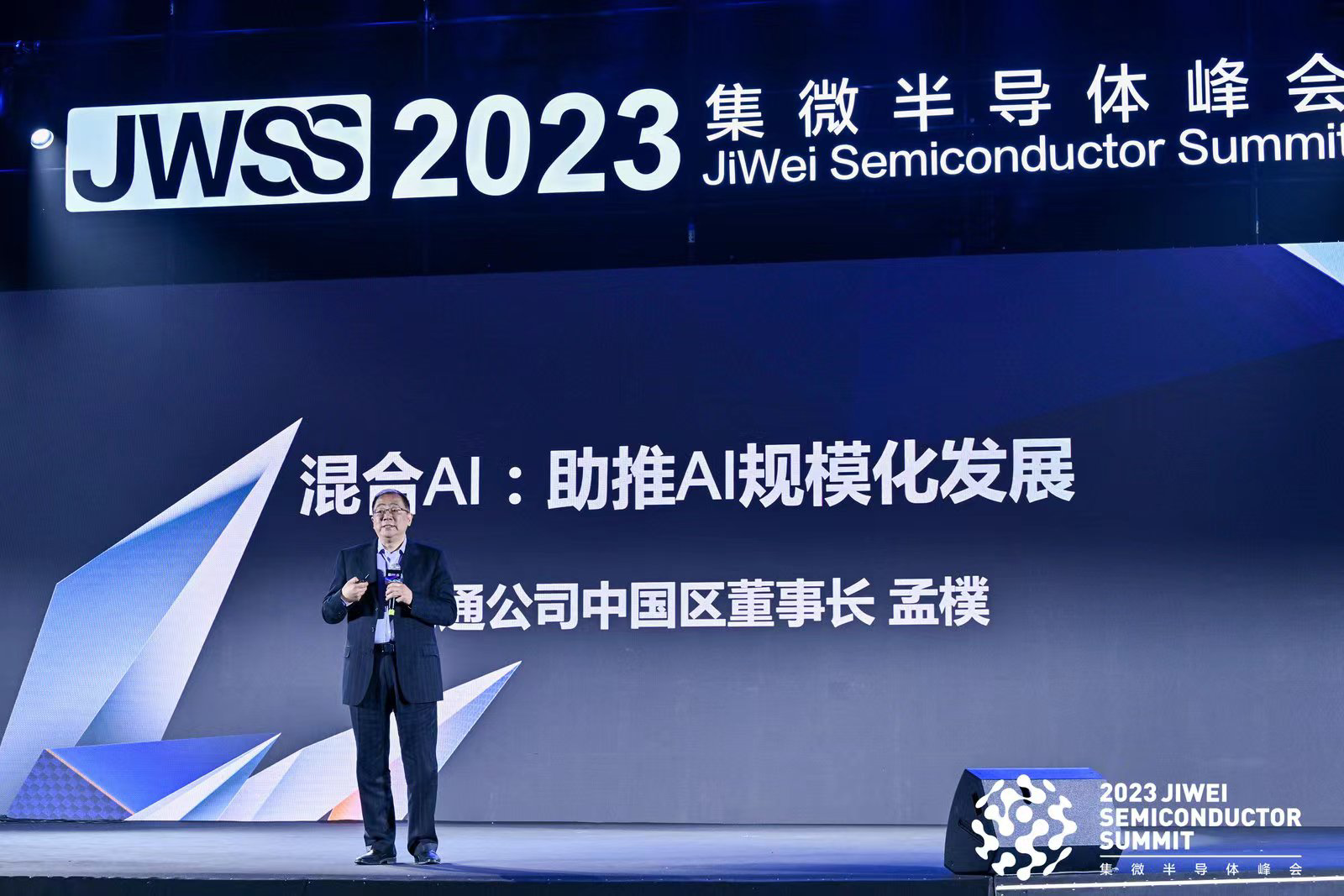
Meng Pu, China president of US chip giant Qualcomm, shared the company’s 5G and artificial intelligence technologies and vision. He pointed out, "Without the last 20 years of globalization, we couldn't have come to today. So we hope to continue promoting globalization and industry cooperation."
The grand session of the JWSS also included an award ceremony for the "Chip Power" Demo winners, panel discussions on mergers and acquisitions in China's semiconductor industry, and converting university academic research into business applications.








